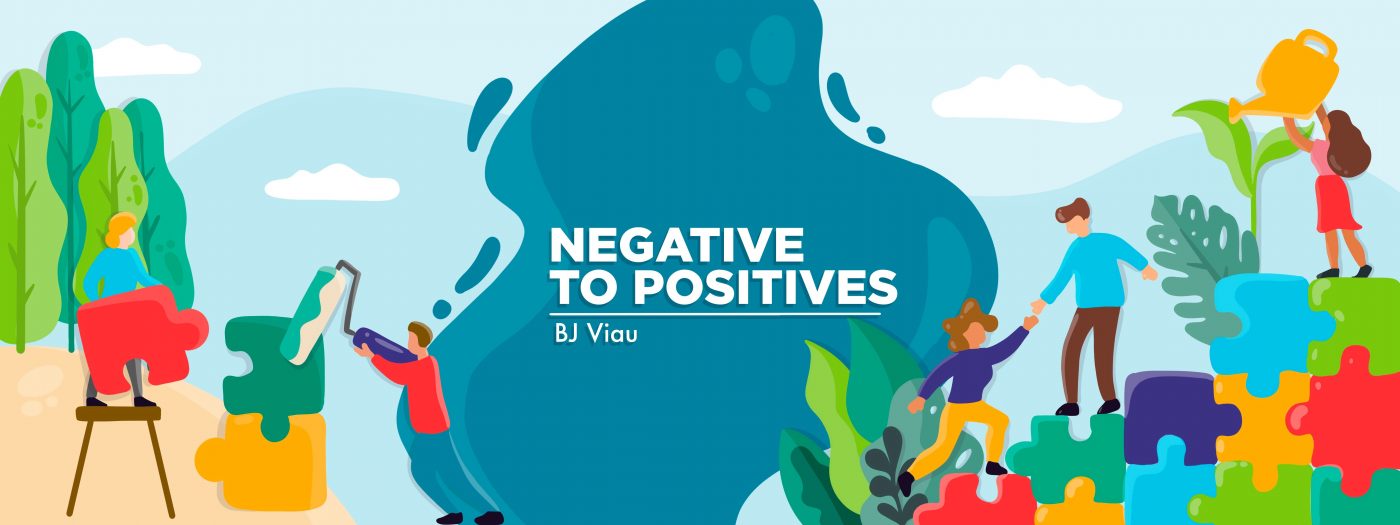Here’s How You Can Get Involved in Non-clinical Huntington’s Research
Written by |

In a previous column, I talked about the many questions one might have when signing up for a clinical trial. Lots of questions, concerns, risks, hope, and opportunity come with participating in a trial that requires you to take an experimental medicine.
But participation in clinical trials isn’t for everyone. In fact, you shouldn’t participate in any clinical trials for Huntington’s disease (HD) unless you, your family, and your healthcare professionals all believe you are physically and mentally ready not only to join, but also to complete the study. Signing up and dropping out of a trial is costly to the study, and it can hurt the overall results.
The hope for clinical trials is that it’s a good experience for everyone involved.
If a clinical trial doesn’t seem like the perfect fit, you could consider participating in an observational study or individual surveys. Surveys are typically a one-and-done opportunity, so they don’t involve multiple trips to a research clinic.
In observational studies, people are observed, but researchers do not affect outcomes. Observational studies sometimes require trips to HD clinics, and sometimes they can be done from home.
Neither surveys nor observational studies entail taking medicine, as sponsors won’t be bringing new medicines to market right away. However, they do provide healthcare professionals with valuable insights that hopefully will improve education and care. They also can help those who are organizing clinical trials to make sure they are properly planned.
Observational studies can provide a wider range of people the chance to participate in research. For example, clinical trials for Huntington’s disease currently are open only for people who have been diagnosed with symptoms to some extent. This leaves out a large portion of our community, including those still at-risk and those who have tested negative or positive and who aren’t showing symptoms.
I believe that participating in any type of research, whether it’s clinical or observational, is empowering, rewarding, and an opportunity for us all to give back.
Observational studies and research surveys aren’t always easy to find, so below I have outlined a handful of opportunities available for you and your family and friends impacted by HD.
Online surveys
- If you are at-risk and living in the U.S., here is a survey that aims to learn more about genetic testing.
- The Huntington’s Disease Society of America has additional surveys for a range of people, including those who are at-risk, caregivers, and people who have symptoms, among others. Take a look at their surveys and studies here.
Observational studies
- One large observational study in particular has had a tremendous impact on the Huntington’s community: Enroll HD. This study has enrolled over 20,000 people from across the world and is typically open to anyone affected by HD, including caregivers, at-risk people, those who are gene positive or negative, and those currently with symptoms. You are required to travel to an HD clinic about once a year for a half-day visit, but it also provides you the opportunity to meet with a host of HD experts. I would encourage everyone who is qualified to join Enroll today by visiting the website and contacting your nearest clinic.
- According to the Huntington’s Disease Youth Organization’s Facebook page, the organization is working on an online observational study focused on juvenile HD. Juvenile HD is a subset of people who typically develop symptoms before the age of 18. The survey will focus on perspectives and insights from those with juvenile HD and their primary caregivers. This is a great new study that aims to help us learn more about a segment of patients who are typically forgotten about. I will write another column about this and mention it when it’s live.
We all have opportunities to affect research, whether through clinical trials or observational studies. If you can find time in the next couple weeks, I challenge you to click on the links above and provide your answers to help accelerate better care and future treatments. Most studies are completely anonymous, and you don’t have to invest much of your time.
If you have any questions about observational studies or surveys, please share them in the comments below. Thanks for your consideration!
***
Note: Huntington’s Disease News is strictly a news and information website about the disease. It does not provide medical advice, diagnosis, or treatment. This content is not intended to be a substitute for professional medical advice, diagnosis, or treatment. Always seek the advice of your physician or other qualified health provider with any questions you may have regarding a medical condition.36th Never disregard professional medical advice or delay in seeking it because of something you have read on this website. The opinions expressed in this column are not those of Huntington’s Disease News or its parent company, Bionews, and are intended to spark discussion about issues pertaining to Huntington’s disease.






Leave a comment
Fill in the required fields to post. Your email address will not be published.